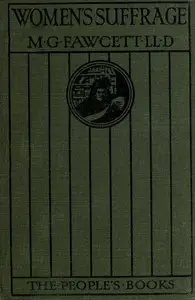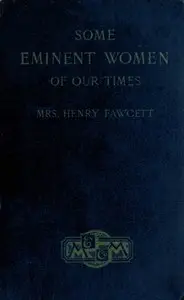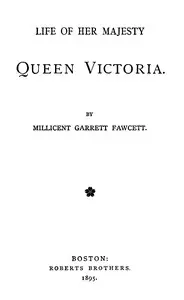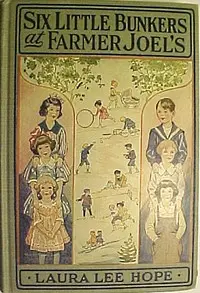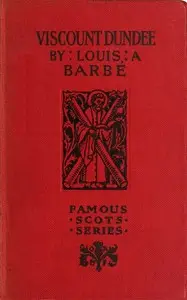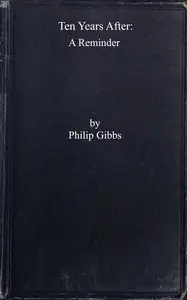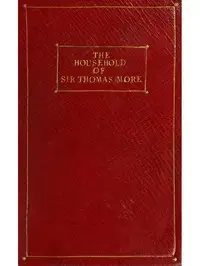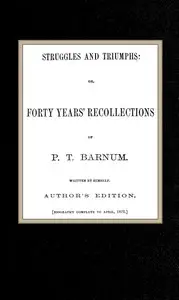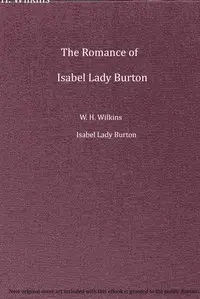"The Women's Victory—and After: Personal Reminiscences, 1911-1918" by Millicent Garrett Fawcett is a historical account written in the early 20th century. This work focuses on the women's suffrage movement in Great Britain, particularly the events leading up to the significant changes in voting rights for women. Fawcett, a prominent activist and leader in the suffrage campaign, shares her personal experiences and reflections on the struggles, achievements, and pivotal moments of the movement during a transformative period in history. The opening of the narrative sets the stage for Fawcett's recounting of the women's suffrage struggle, beginning with her introduction of a previous work she wrote in 1911 on the topic. It covers the context of the political landscape, significant opponents like Prime Minister Asquith, and the various efforts suffragists made to gain support, including the introduction of important bills like the Conciliation Bill. Fawcett provides insight into the internal and external challenges faced by the suffrage movement, highlighting the tension between militant and non-militant strategies, as well as the shifting support from political parties. The opening establishes Fawcett not only as a participant in the movement but also as a witness to the evolving discourse on women's rights leading up to the eventual victory of the suffragists in gaining the right to vote. (This is an automatically generated summary.)
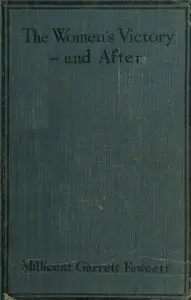
The Women's Victory—and After: Personal Reminiscences, 1911-1918
By Millicent Garrett Fawcett
"The Women's Victory—and After: Personal Reminiscences, 1911-1918" by Millicent Garrett Fawcett is a historical account written in the early 20th cent...
Dame Millicent Garrett Fawcett was an English political activist and writer. She campaigned for women's suffrage by legal change and in 1897–1919 led Britain's largest women's rights association, the National Union of Women's Suffrage Societies (NUWSS), explaining, "I cannot say I became a suffragist. I always was one, from the time I was old enough to think at all about the principles of Representative Government." She tried to broaden women's chances of higher education, as a governor of Bedford College, London and co-founding Newnham College, Cambridge in 1875. In 2018, a century after the Representation of the People Act, she was the first woman honoured by a statue in Parliament Square.


